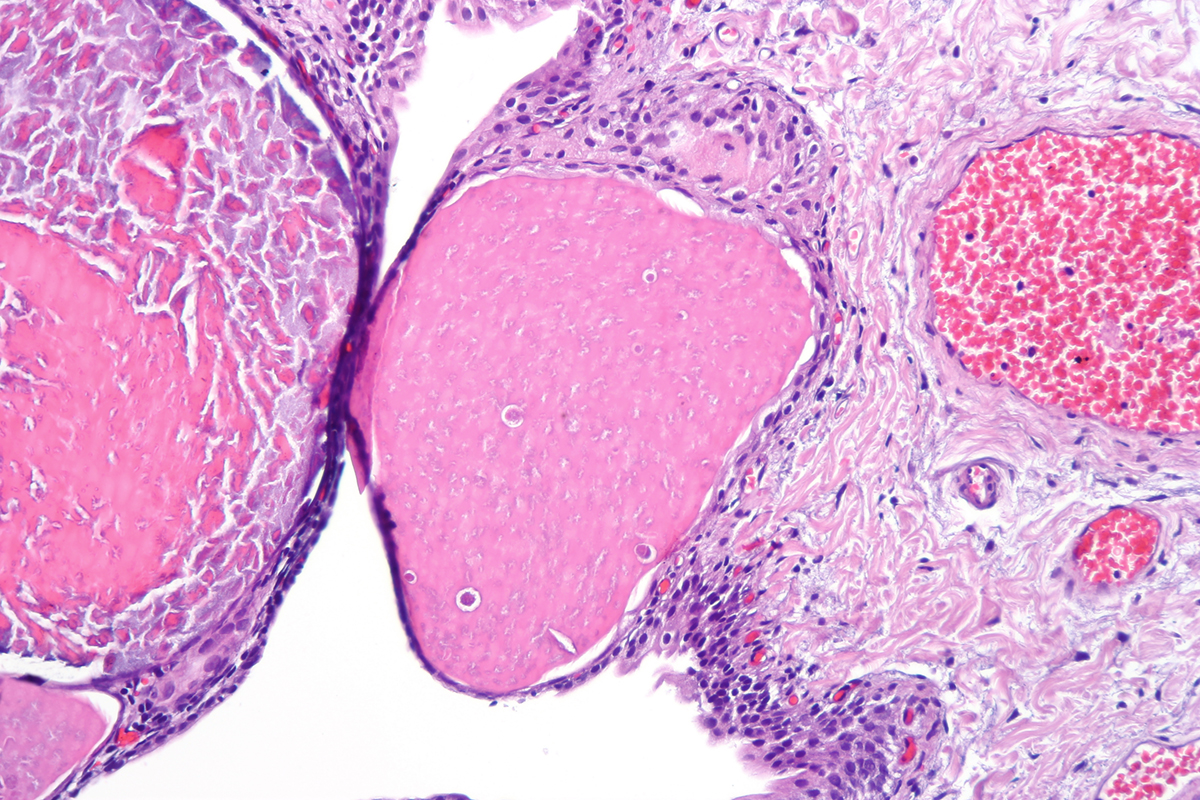
Interstitial cystitis is a clinical syndrome that features with chronic urinary urgency and urinary frequency as well as suprapubic discomfort or pressure which is commonly relieved after urination. The symptoms of interstitial cystitis generally vary among patients. In case of interstitial cystitis there are no infective agents which cause the inflammation of the bladder.
There has been certain controversy in the medical literature associated with definition of this condition. Today it is necessary to perform cystoscopy and the biopsy of the affected bladder and the diagnosis can be set according to symptoms and pathohystological findings.
Symptoms of Interstitial Cystitis
People suffering from interstitial cystitis have decreased bladder capacity. They experience urgent need to urinate. The urge is frequent and occurs during day and at night. Patients also complain about feeling of pressure, pain and/or tenderness in the bladder, pelvis and perineum. Women may experience pain during sexual intercourse while men suffer from pain in the penis or scrotum.
In majority of patients there is a combination of previously mentioned symptoms. Female patients report worse symptoms around the time of their periods. The symptoms may generally worsen if one is under stress or suffers from other illnesses. The disease tends to progress and the flare-ups and remissions occur more often.
Treatment for Interstitial Cystitis
Even though there is no scientific evidence that changes in diet may help patients suffering from interstitial cystitis, many of them may actually benefit if certain foods are eliminated from the diet. These foods include alcohol, spices, chocolate, caffeinated and citrus beverages. Namely, some believe that food rich in vitamin C, artificial sweeteners and a substance called tyramine may aggravate the symptoms. Quitting smoking and exercises together with bladder training may be effective in mild cases.
Serious form of the disease requires oral medications and in some cases patients undergo surgery. One medication prescribed to patients suffering from interstitial cystitis is pentosan polysulphate sodium. It is similar to the substance that lines the bladder and its effectiveness is associated with repair and restoration of the inner surface of the bladder. This drug helps majority of patients. Apart from pentosan polysulphate sodium patients are routinely prescribed antidepressants of the tricyclic group. These drugs may reduce the hyperactivity of the nerves inside the bladder wall. And finally, some patients are additionally prescribed antihistamines.
In some cases bladder distension is used as a form of therapy. This treatment modality may alleviate symptoms and the patients are disease-free for three to six months after the procedure. Bladder instillation is another treatment modality. It includes injection of specific solutions and medications right into the bladder.
Only if a patient does not respond to any of the previously mentioned options he/ she may undergo invasive surgical procedures such as sacral neuromodulation, bladder augmentation, cystectomy and peripheral denervation.



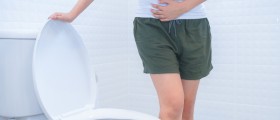
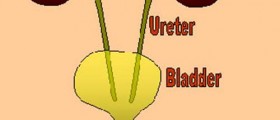

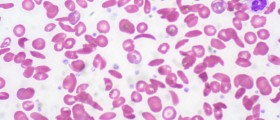
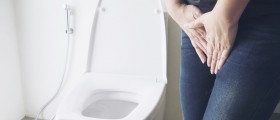




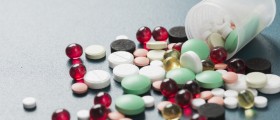
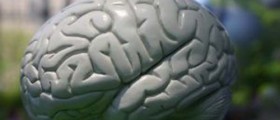



Your thoughts on this
Loading...